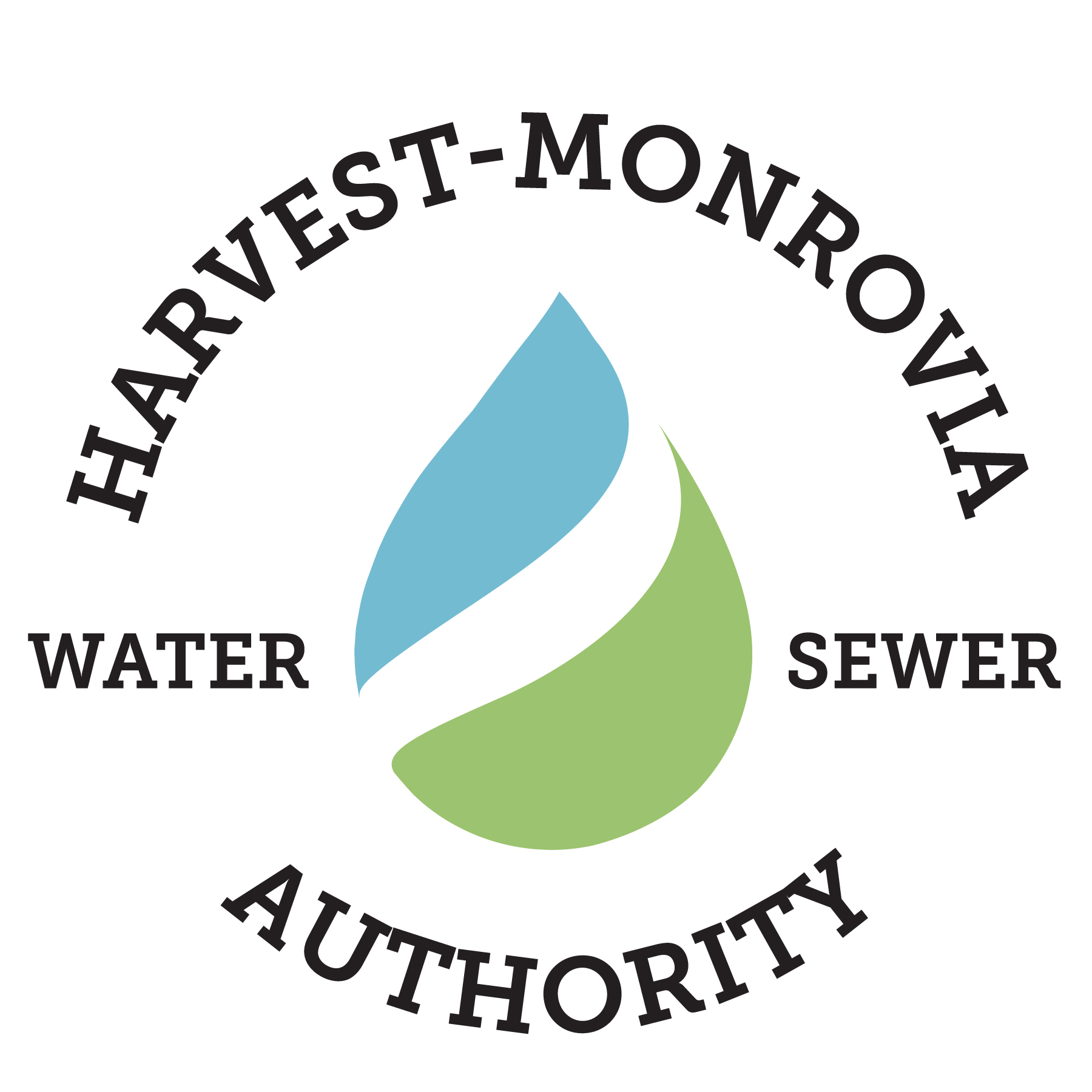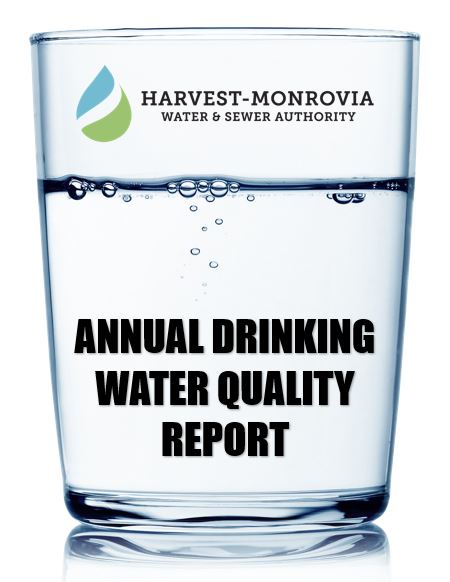This report is delivered to you each year to provide information about the quality of water the Authority provides to the customers. This information is for testing conducted from January 1 to December 31, 2024. It is our goal to provide clean, safe drinking water to each of you throughout the year. Our staff strives each day to accomplish this goal.
Our water source is groundwater drawn from eight wells throughout the system. The Tuscumbia-Fort Payne Aquifer system supplies water to our eight wells. Water from four of our wells is treated at the ten million gallons a day water plant. Water from three other sites is treated at the four million gallons a day Membrane Plant and one well is treated at the well site. The Authority has established a Source Water Protection Plan that has been approved by ADEM. Information on potential contaminant sources has been defined and is available at the office. The major sources of potential contamination are existing wells, agricultural run-off and septic tanks.
The source of drinking water (both tap water and bottled water) include rivers, lakes, streams, ponds, reservoirs, springs and wells. As water travels over the surface of the land or through the ground it dissolves naturally occurring minerals and radioactive material and it can pick up substances from the presence of animal or human activity.
Some people may be more vulnerable to contaminants in drinking water than the general population. People who are immuno-compromised such as persons with cancer undergoing chemotherapy, persons who have undergone organ transplants, HIV/AIDS positive or other immune system disorders, some elderly, and infants can be particularly at risk from infections. These people should seek advice about drinking water from their health care providers. EPA/CDC guidelines on appropriate means to lessen the risk of infection by Crytosporidium and other microbiological contaminants are available from the Safe Drinking Water Hotline 1-800-426-4791.
If present, elevated levels of lead can cause serious health problems, especially for pregnant women and young children. Lead in drinking water is primarily from materials and components associated with service lines and home plumbing. Harvest-Monrovia Water, Sewer and Fire Protection Authority is responsible for providing high quality drinking water, but cannot control the variety of materials used in plumbing components. When your water has been sitting for several hours, you can minimize the potential for lead exposure by flushing your tap for 30 seconds to two minutes before using water for drinking or cooking. If you are concerned about lead in drinking water, testing methods and steps you can take to minimize exposure are available from the Safe Drinking Water Hotline or at http://www.epa.gov/safewater/lead.

